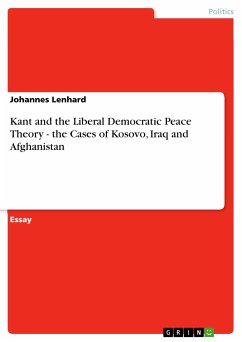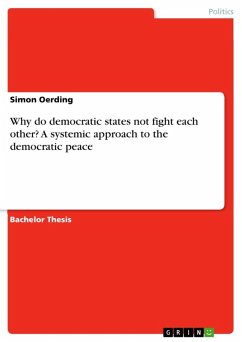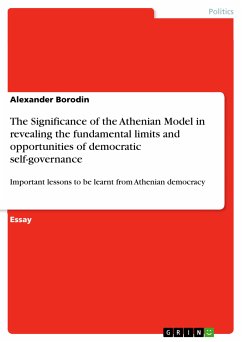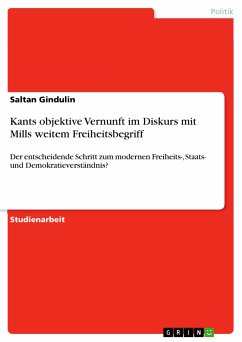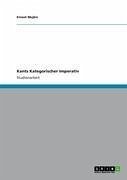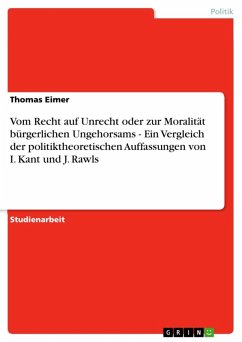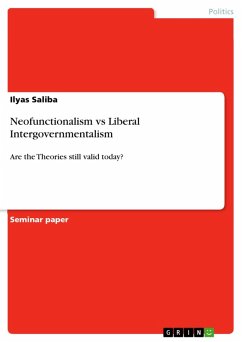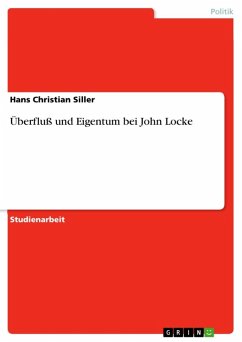Essay from the year 2010 in the subject Politics - Political Theory and the History of Ideas Journal, grade: 1.7, Royal Holloway, University of London, language: English, abstract: Kosovo, Iraq and Afghanistan being the wars discussed most controversial in the last decade are also an important subject matter for the political theory (Kugler et al., 2004; Mearsheimer/Walt, 2003). Especially their use as falsifying cases against the liberal notion of democratic peace theory is prominent – though questionable (Panke/Risse, 2007). Kant and his successors in the tradition of the liberal democratic peace theory can to a certain extent be defended even considering the recent wars – at east on the surface; these were fought between despotic states and democracies and therefore do not stand in opposition to the liberal peace theory in its ‘narrow form’. Nevertheless, closer analysis reveals that the recent conflicts can be used as examples of severe violations of part of Kant’s predictions and arguments. These arguments will be exposed within the first part of the essay formulated by Immanuel Kant already in 1795 (Kant, 2007). Afterwards the theoretical discussion will be expanded towards contemporary followers, such as Doyle (1983). They form what is often stated as the liberal democratic peace theory. Subsequently, the cases of Kosovo, Iraq and Afghanistan as possible points of falsifications against the trustworthiness of the theoretical arguments presented beforehand will be analysed.
